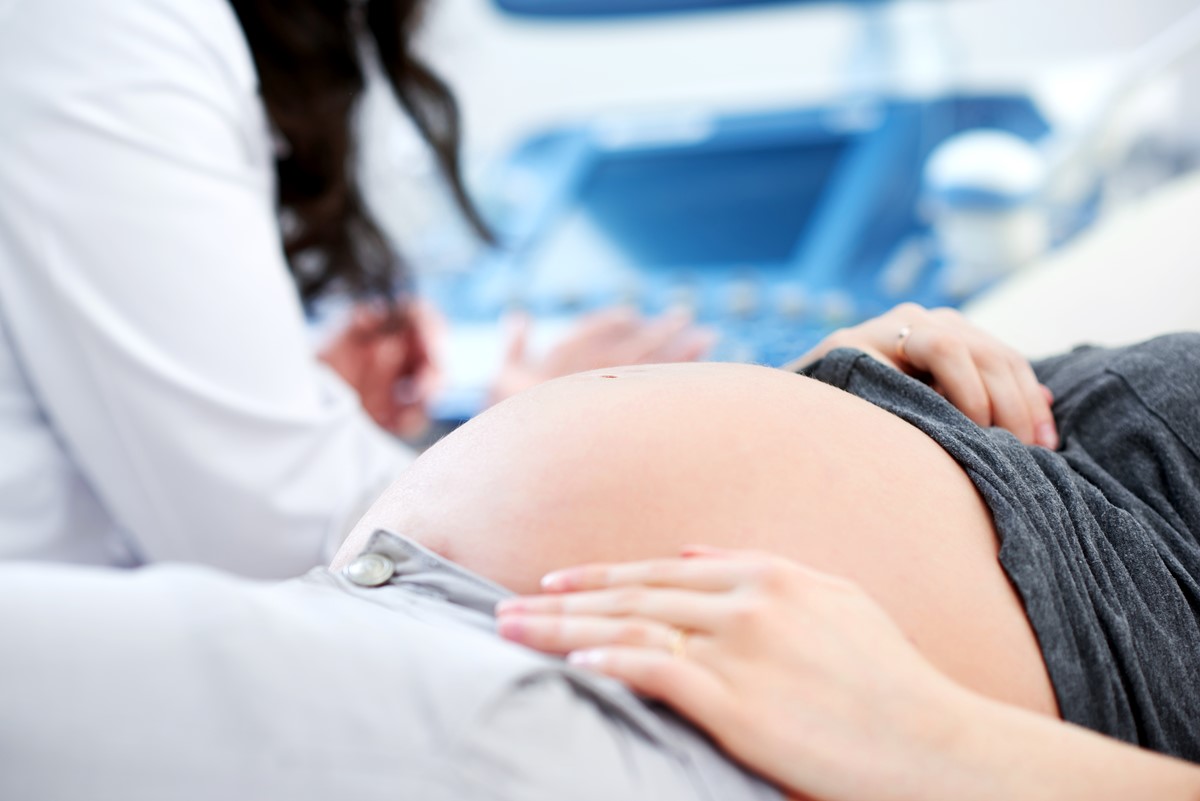Endometrial ablations are necessary at times medically when there is excessive bleeding from the uterus. This could be due to many different factors like menorrhagia, platelet dysfunction or defects in blood coagulation but whatever the cause, an ablation is considered as a last resort to give a patient a chance of survival. In an ideal world, these ablations would be performed after women had passed their childbearing years. At this point, patients would also have the option of choosing from a more preferred procedure, a hysterectomy, to take out the entire uterus to stop the bleeding. Unfortunately, our world is far from perfect. [1]
When the doctors first propose an endometrial ablation, it is only natural for patients to be confused as to what is happening during the operation. The term "ablation" means "to destroy" and in essence, this is exactly what happens during the procedure. Doctors will destroy and cut out tissue lining the endometrium cavity to get rid of the highly vascularized network. If the network is destroyed, the bleeding should cease, in theory.

Once this operation is performed, it is obvious that the chances of getting pregnant are greatly reduced. A new life requires a vibrant and vascularized environment in order to grow and if conditions are not at ideal levels, pregnancy and implantation are almost impossible. It is believed that the chances of getting pregnant after an endometrial ablation are less than 1 percent of only a few hundred cases reported in any literature. [2] The fact of the matter is once you get an ablation, you will not be able to conceive again, in theory.
Like all good theories, there are numerous exceptions to the rules that can make any conclusion premature. A 1 percent chance of pregnancy is still a chance to get pregnant again so patients undergoing this procedure should exercise all desired birth prevention techniques possible should they not want a baby. For those of you who have already found out that you are pregnant, harder decisions are on the horizon.
The statistics for pregnancies after having an endometrial ablation are horrific to say the least. In one study, 123 pregnant patients who had already had their endometrial ablation were followed to determine the viability of the fetus. During the pregnancy, 48 percent of expecting mothers elected to abort the pregnancy.
If you fall in the "Pro-Life" category, this is what you can expect. The remaining 52 percent of patients in this investigation suffered from complications like spontaneous abortions (28 percent), premature rupture of the membranes (16 percent), premature deliveries (31 percent), C-sections (44 percent) and placental adherence complications (25 percent). All of these parameters are considered extremely serious conditions and pose a dramatic risk to the life of the mother.
As mothers navigate their pregnancies further, fetal mortality was found to be around 14 percent. Those who were delivered alive suffered from congenital defects like Down syndrome and issues with brain development. One parent was also noted to have died in the study because of uterine collapse and excessive bleeding.
As you can see, an endometrial ablation is a serious undertaking that does not guarantee infertility. Patients should be cautious about potentially getting pregnant with this condition and realize that once they build a fetus, the baby will suffer from a lot of complications that pose serious risks to both the mother and their own lives. [3]
- Photo courtesy of SteadyHealth
















